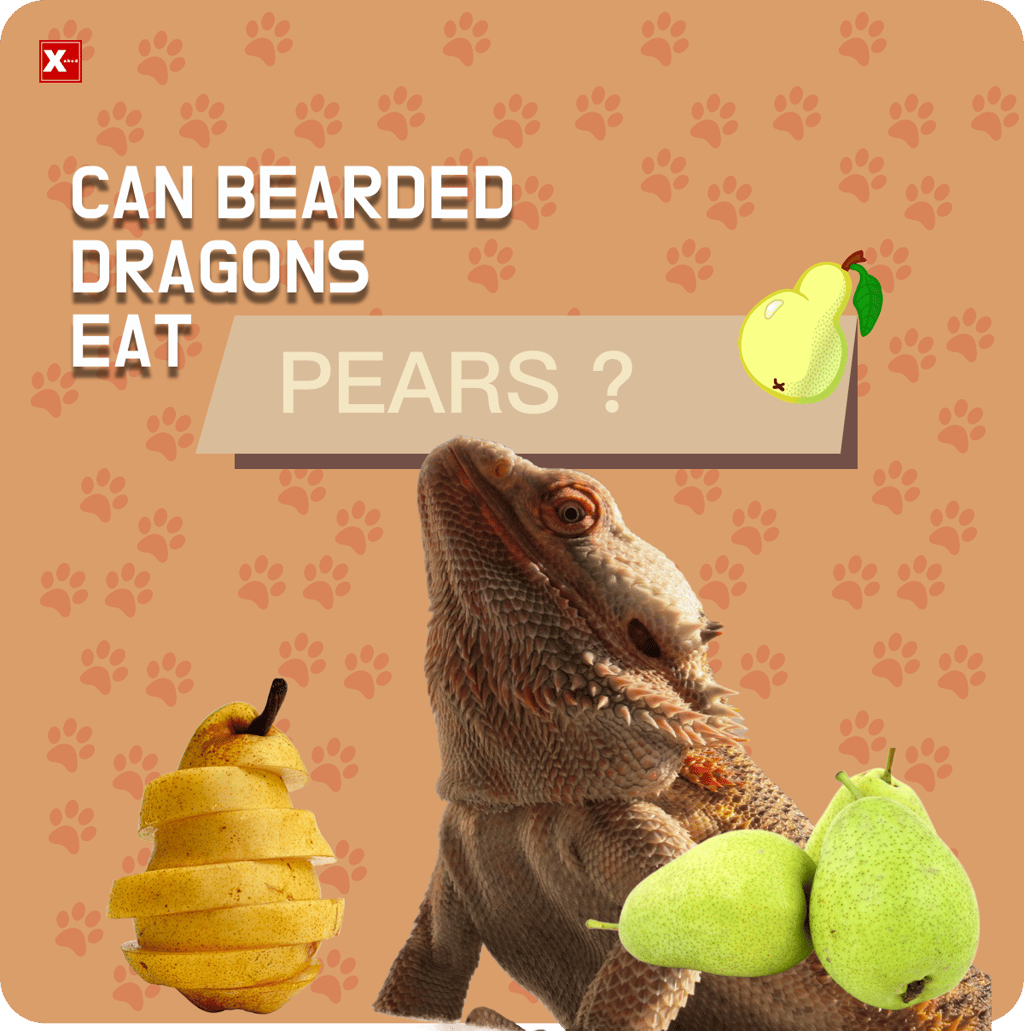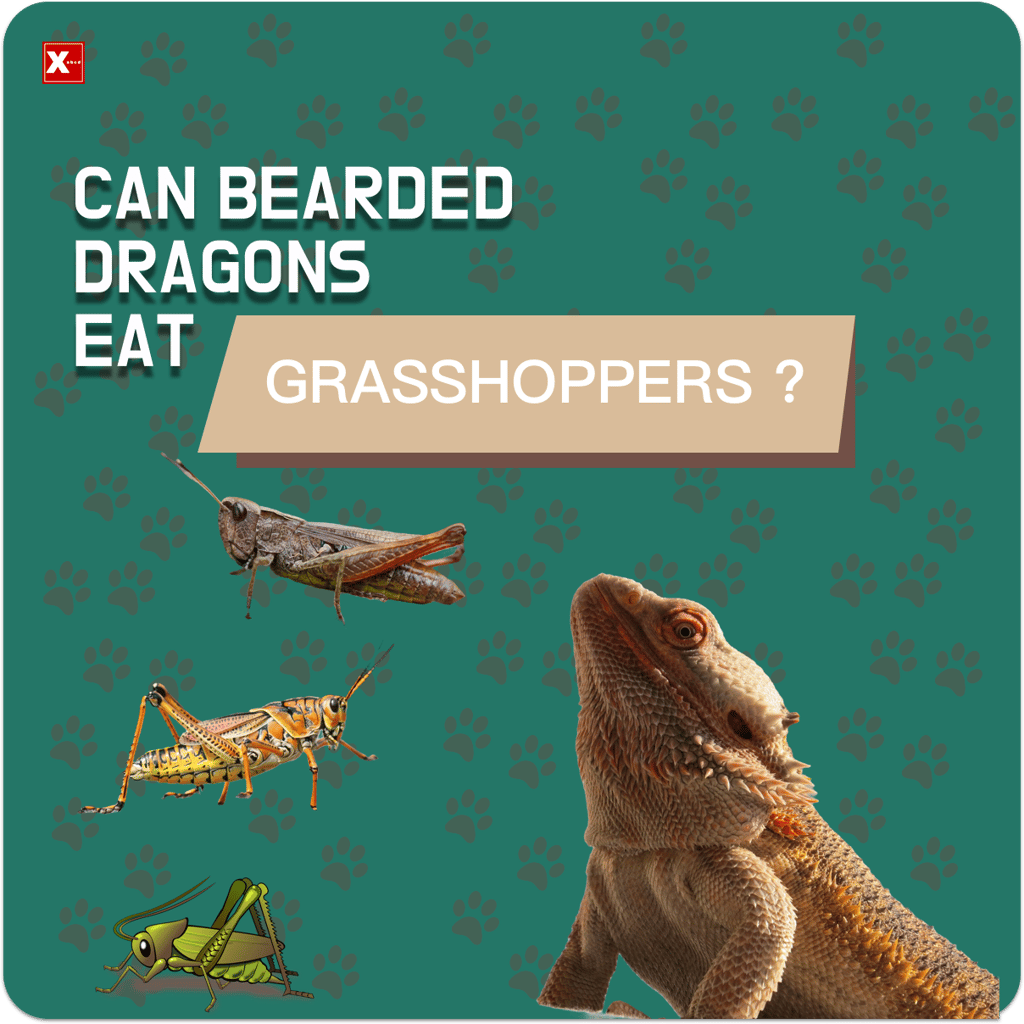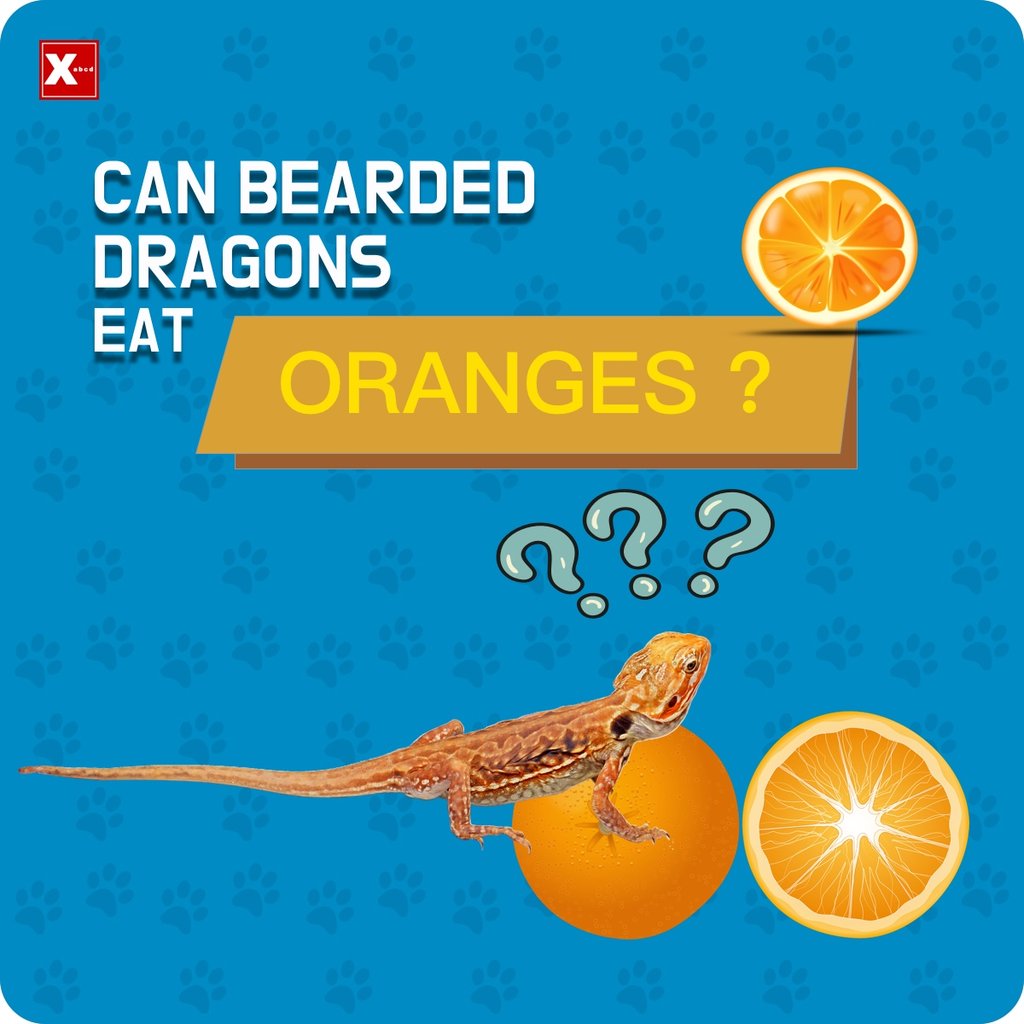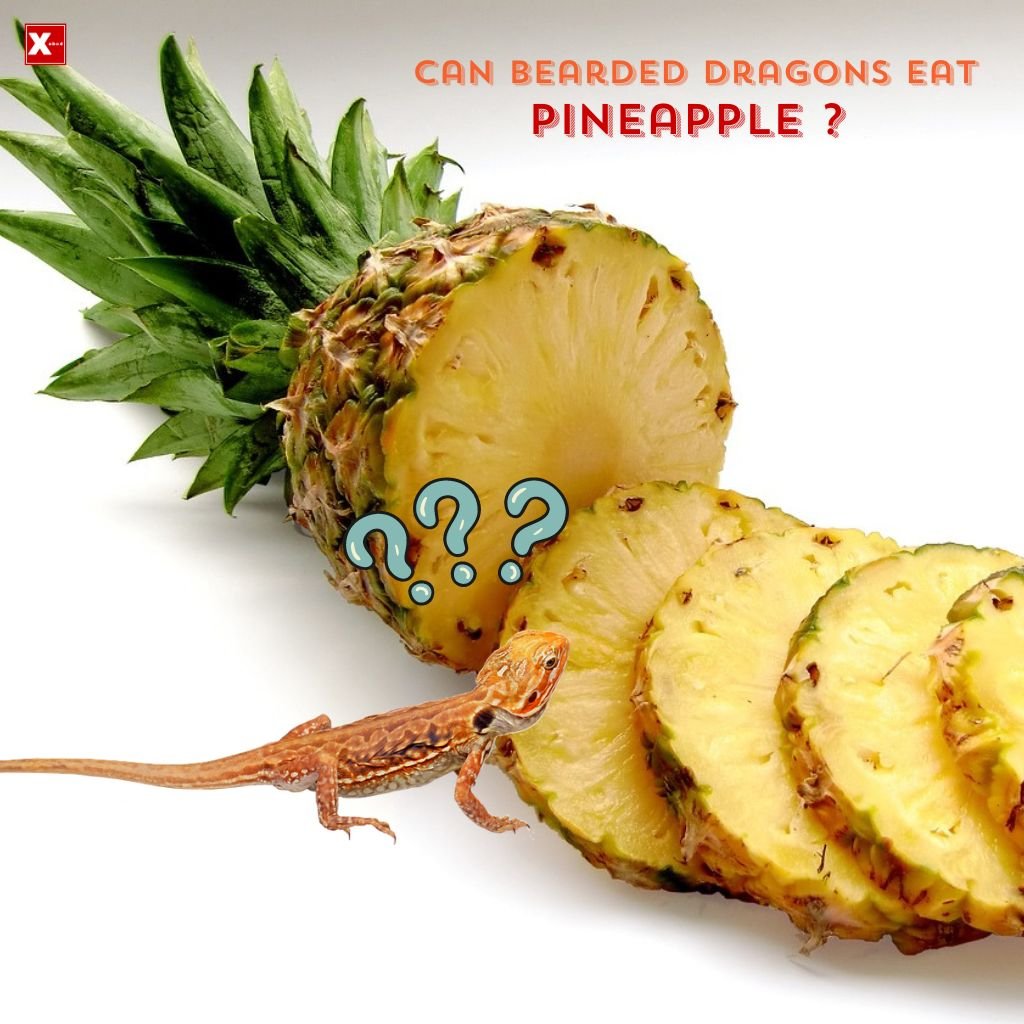Can bearded dragons eat pears? The answer is yes. However, caution must be exercised. This article explores the nutritional benefits and potential risks of feeding pears to bearded dragons. It also provides guidance on preparation techniques and suggests alternative fruits for a balanced diet. Additionally, we discuss whether baby bearded dragons can consume pears. Read on to ensure your scaly companion receives the best dietary care.
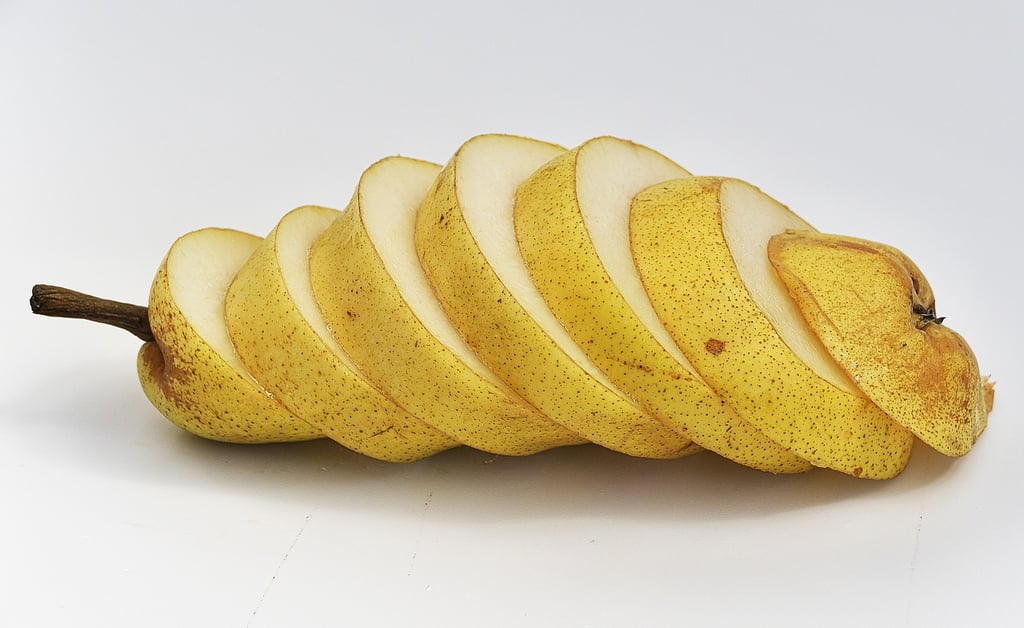
The Nutritional Benefits of Pears for Bearded Dragons
Pears can be a healthy and delicious addition to a bearded dragon's diet. They offer several key nutritional benefits that can support their overall health and well-being. However, it is important to understand the specific nutritional content of pears and how they fit into a balanced diet for these reptiles.
First and foremost, pears are a good source of hydration for bearded dragons. The high water content in pears can help keep them hydrated, especially during warmer months or if they are experiencing any digestive issues. This can be particularly important for bearded dragons that may not readily drink water from a dish and rely on moisture from their food.
Pears are also rich in dietary fiber, which plays a crucial role in maintaining digestive health. Adequate fiber intake can help prevent constipation and promote regular bowel movements in bearded dragons. This is especially beneficial for dragons that tend to consume a lot of insects or other protein-based foods, as fiber helps to regulate bowel function.
In addition to hydration and fiber, pears also provide essential vitamins and minerals that support a bearded dragon's overall health. Pears contain vitamin C, which is important for maintaining a strong immune system and promoting healthy skin and scales. They also contain vitamin K, which is necessary for proper blood clotting and bone health.
Furthermore, pears offer a moderate amount of natural sugars, which can provide a quick energy boost for bearded dragons. However, it is important to note that too much sugar can be detrimental to their health. Therefore, pears should be given in moderation and as part of a varied diet that includes other fruits, vegetables, and high-protein foods.
Overall, pears can provide several nutritional benefits for bearded dragons. Their high water content, fiber, vitamins, minerals, and natural sugars make them a healthy and tasty treat. However, it is essential to offer pears as part of a balanced diet alongside other foods that cater to a bearded dragon's dietary needs.
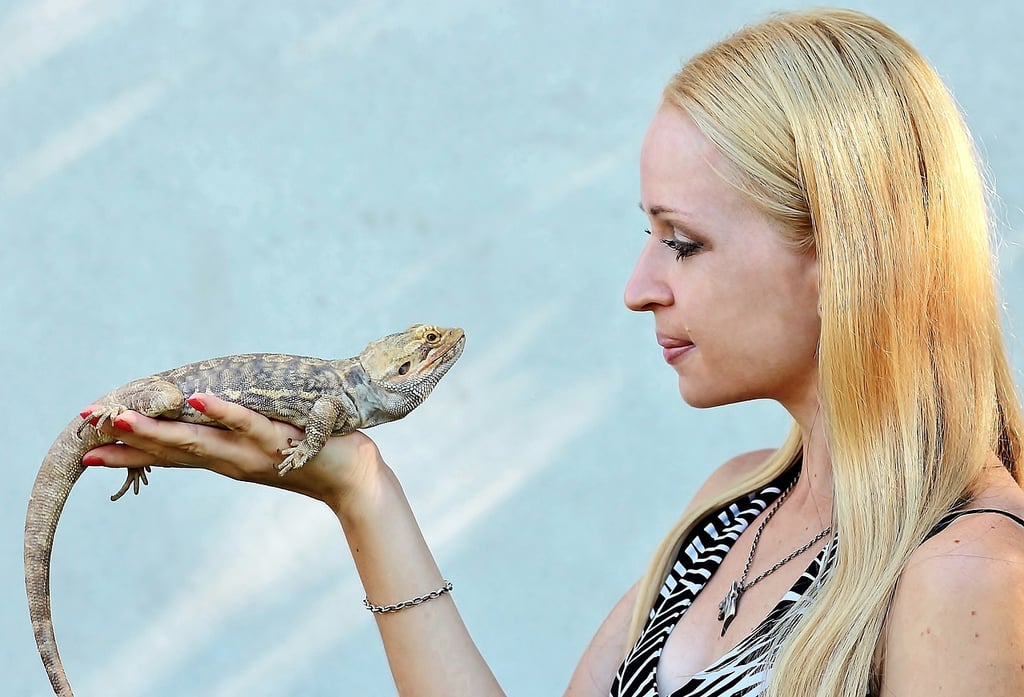
The Potential Risks of Feeding Pears to Bearded Dragons
When it comes to feeding bearded dragons, it's important to consider the potential risks of certain foods, including pears. While pears can provide some nutritional benefits, they can also pose certain risks to the health of our scaly friends. Understanding these risks is crucial to ensuring the well-being of your bearded dragon.
- One potential risk of feeding pears to bearded dragons is their high sugar content. Pears are naturally sweet, which means they contain a significant amount of fructose. While a small amount of natural sugar is not harmful, excessive consumption can lead to health issues like obesity and diabetes in bearded dragons, just like in humans. Therefore, it is important to offer pears in moderation and as part of a balanced diet.
- Another factor to consider is the oxalates present in pears. Oxalates are naturally occurring compounds found in certain foods, including pears, and can bind to calcium in the body, potentially leading to calcium deficiency in bearded dragons. This can impair their overall health and result in conditions such as metabolic bone disease. To mitigate the risk of calcium deficiency, it is recommended to offer calcium-rich foods alongside pears and ensure a varied diet.
- Furthermore, the skin and seeds of pears can be problematic for bearded dragons. The skin can be rough and difficult to digest, leading to digestive issues if ingested in large quantities. Additionally, pear seeds contain amygdalin, a compound that can produce hydrogen cyanide when ingested. While small amounts of amygdalin are unlikely to be harmful, it's best to remove the seeds to eliminate any potential risk.
- It is also important to mention that some bearded dragons may have individual sensitivities or allergies to certain foods, including pears. If you notice any adverse reactions such as diarrhea, vomiting, or changes in behavior after feeding pears, it is best to discontinue offering them and consult with a reptile veterinarian for further guidance.
- In summary, while pears can offer some nutritional benefits, there are also potential risks involved in feeding them to bearded dragons. It is crucial to offer pears in moderation, remove the skin and seeds, and ensure a balanced diet to mitigate any potential health issues. Monitoring your bearded dragon's reactions and consulting with a reptile veterinarian will help ensure their overall well-being and happiness.
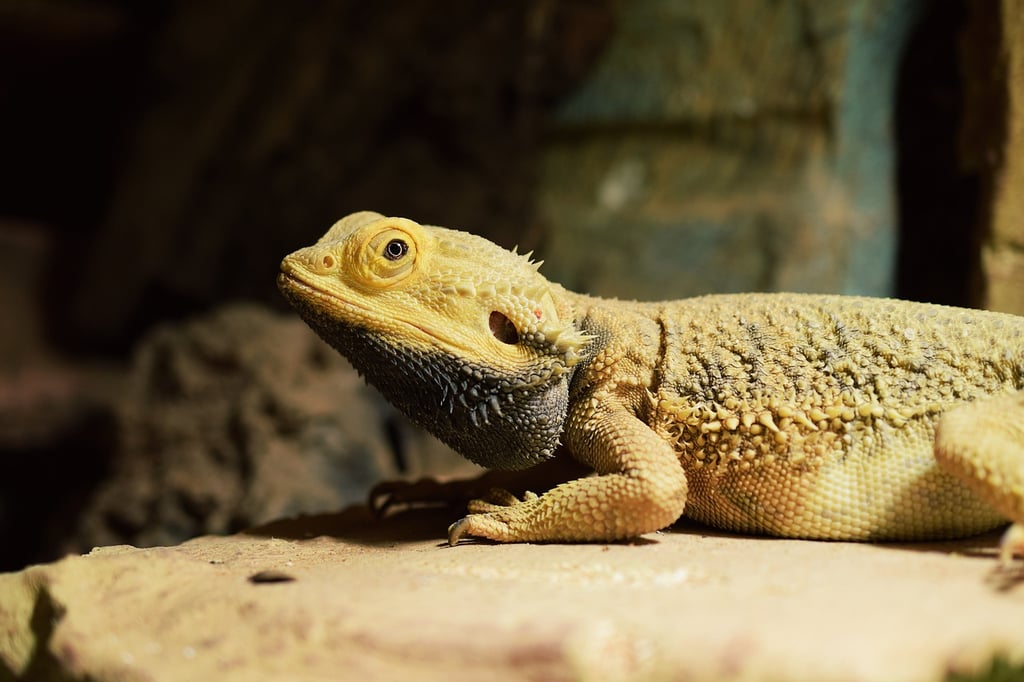
Preparing Pears for Bearded Dragon Consumption
Preparing pears for bearded dragon consumption is an important step to ensure the safety and nutritional value of this fruit for your pet. While pears can be a tasty and hydrating treat for bearded dragons, it is crucial to properly prepare them to avoid potential risks and digestive issues.
Here are some steps you can follow to prepare pears for your bearded dragon:
- Choose ripe and organic pears: It is best to select pears that are ripe but not overly soft or mushy. Organic pears are a safer choice as they are less likely to contain harmful pesticides or chemicals that could be harmful to your pet.
- Wash the pears thoroughly: Before serving pears to your bearded dragon, make sure to wash them thoroughly under running water. This helps remove any dirt, residue, or pesticides that may be present on the skin.
- Remove the skin and seeds: The skin of pears can be tough for bearded dragons to digest, so it is recommended to peel the pears before feeding them. Additionally, bearded dragons should not consume pear seeds as they can be a choking hazard.
- Cut the pear into small, bite-sized pieces: Bearded dragons have small mouths and may struggle to eat large chunks of pear. To make it easier for them to consume, slice the pear into small, bite-sized pieces.
- Offer the pear as a treat or part of a balanced diet: Pears should be given to bearded dragons in moderation. Ideally, they should be offered as an occasional treat rather than a staple food. Bearded dragons require a varied diet consisting of insects, leafy greens, and other fruits, so pears should be part of a balanced diet rather than the main source of nutrition.
By following these steps, you can ensure that the pears you offer to your bearded dragon are safe, easily digestible, and provide some nutritional benefits. Remember to always monitor your pet's response to new foods and consult with a reptile veterinarian if you have any concerns or questions.
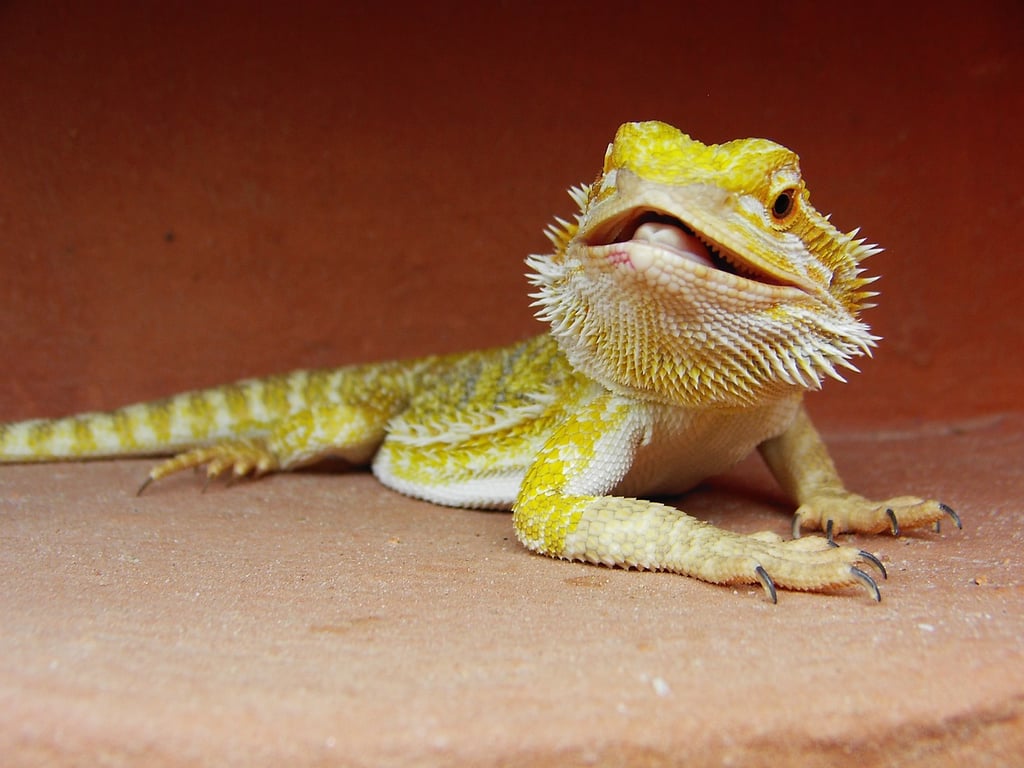
Alternative Fruits for a Balanced Bearded Dragon Diet
When it comes to providing a balanced diet for your bearded dragon, it is essential to offer a variety of fruits alongside their staple diet of insects and leafy greens. While pears can be a tasty and nutritious treat for your reptile friend, it's important to consider other alternative fruits that can contribute to a well-rounded diet. Here are some fruits that you can add to your bearded dragon's menu to ensure they receive the necessary nutrients:
- Apples: Apples are a popular choice amongst bearded dragon owners. Make sure to remove the seeds and core before serving small pieces of the fruit. This fruit is a good source of vitamins and fiber, which can aid in digestion.
- Berries: Bearded dragons can enjoy a variety of berries, such as strawberries, blueberries, and raspberries. These fruits are packed with antioxidants and vitamin C, providing a boost to their immune system.
- Melons: Watermelon and cantaloupe are hydrating fruits that can also be offered to your bearded dragon. Remember to remove the seeds and rind and cut the fruit into small, bite-sized pieces.
- Grapes: Grapes are a delicious treat that can be given sparingly. Ensure that the grapes are seedless and cut into small portions to prevent choking hazards for your reptile.
- Mangoes: Mangoes are another tropical fruit that can be included in your bearded dragon's diet. Rich in vitamins and minerals, mangoes can add some variety to their meals.
It's important to note that while fruits are beneficial in moderation, they should not become the main component of your bearded dragon's diet. Stick to a ratio of approximately 80% vegetables, 15% insects, and 5% fruits to maintain their overall health and wellbeing.
When introducing new fruits into your bearded dragon's diet, it is essential to observe any signs of digestive issues or adverse reactions. Some reptiles may have preferences or sensitivities, so it's always a good idea to consult with a reptile veterinarian or do thorough research before offering new foods.
In conclusion, while pears can be a suitable addition to your bearded dragon's diet, it's essential to vary their fruit intake to ensure a balanced nutrition. Experiment with different fruits listed above, but remember to prioritize their staple diet of insects and leafy greens to keep them healthy and happy.
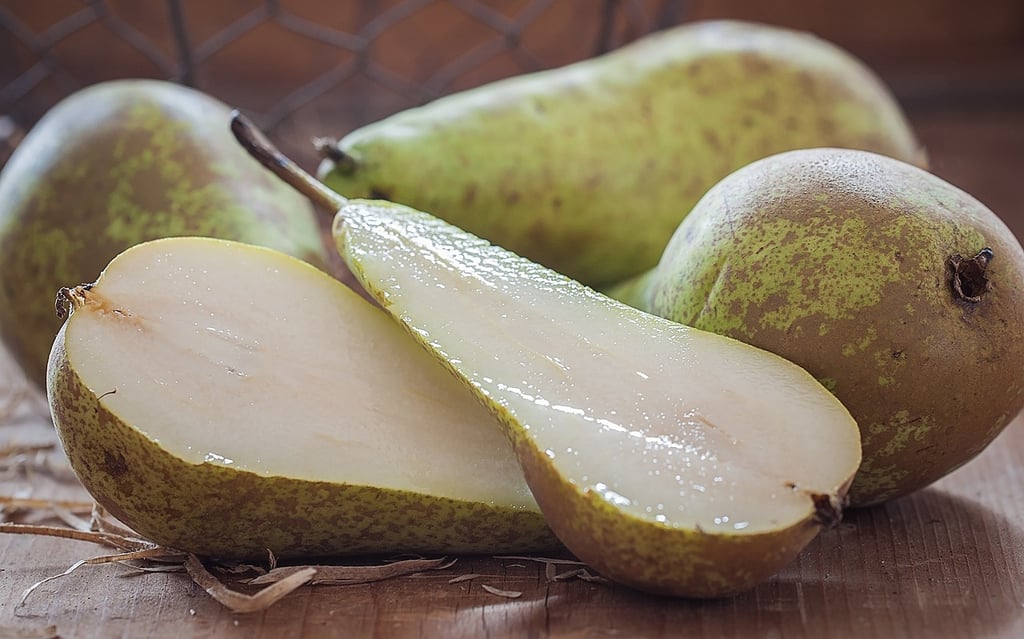
Can Baby Bearded Dragons Eat Pears?
When it comes to feeding bearded dragons, it's important to consider their age and specific dietary requirements. Many people wonder if baby bearded dragons can eat pears, a juicy and delicious fruit enjoyed by humans. In this article, we will explore whether pears are a safe and nutritious option for young bearded dragons.
Feeding baby bearded dragons a well-balanced diet is crucial for their growth and development. While adult bearded dragons can tolerate a wider variety of fruits and vegetables, baby bearded dragons have more specific nutritional needs. Their diet should primarily consist of high-quality insects, such as crickets and mealworms, to ensure they receive adequate protein and other essential nutrients.
Although fruits like pears can offer some nutritional benefits, they should be introduced gradually to baby bearded dragons' diet. The high sugar content in fruits can potentially disrupt their delicate digestive system and lead to diarrhea or other digestive issues. Therefore, it's important to exercise caution and monitor their response when introducing new foods.
If you decide to offer pears to your baby bearded dragon, it's essential to prepare them properly. Start by selecting ripe pears that are free from blemishes or mold. Wash the pear thoroughly and slice it into small, bite-sized pieces. Remove any seeds or pits, as they can be a choking hazard for your pet.
Remember that pears should only be offered as an occasional treat and not as a staple food for baby bearded dragons. Their main diet should still consist of insects to ensure they receive the necessary protein and calcium for proper growth. Offering a variety of insects, leafy greens, and occasional fruits like pears can help provide a well-rounded diet for your baby bearded dragon.
It's also crucial to pay attention to your baby bearded dragon's individual preferences and dietary needs. Some bearded dragons may not show interest in eating pears, while others may enjoy them as a tasty snack. As your baby bearded dragon grows, their dietary preferences and needs may change, so it's important to adapt their diet accordingly.
In conclusion, while baby bearded dragons can eat pears in moderation, they should not be a primary or essential part of their diet. It's crucial to maintain a balance by providing them with the right amount of insects and leafy greens to ensure they receive the necessary nutrients for their development. Always monitor your baby bearded dragon's health and consult with a reptile veterinarian if you have any concerns about their diet.
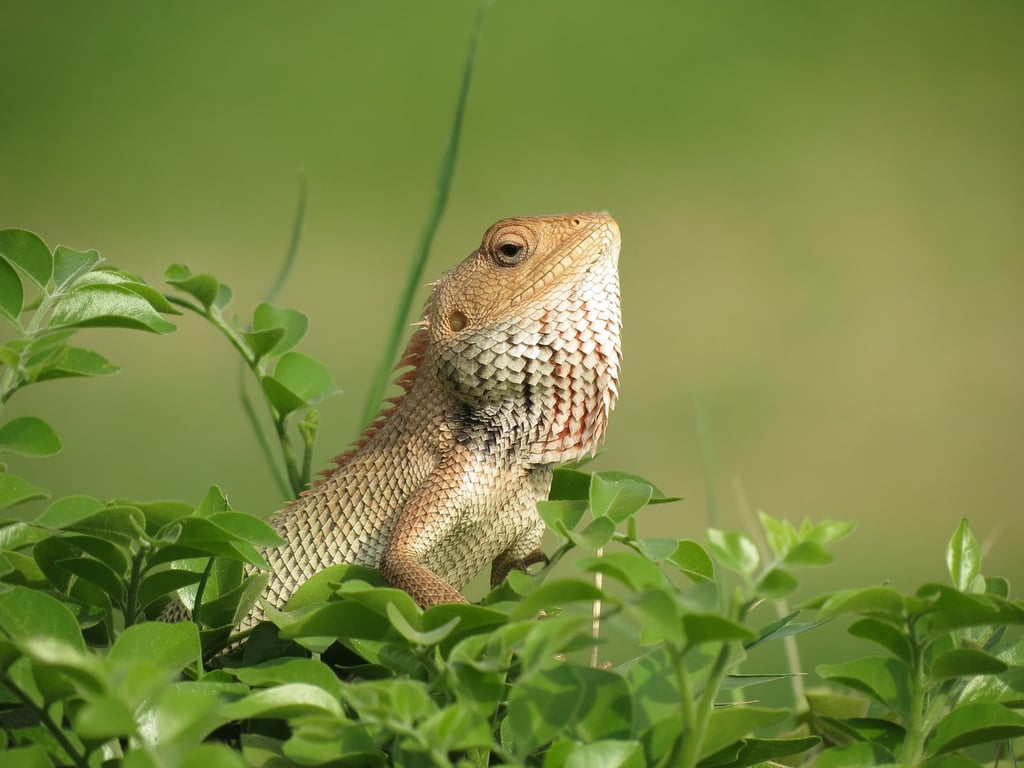
Conclusion and Final Considerations
After exploring the facts and risks surrounding the question of whether bearded dragons can eat pears, it's time to draw some conclusions and consider a few final considerations.
- First and foremost, it is generally safe for bearded dragons to consume pears in moderation. Pears offer a good source of hydration, fiber, and various vitamins that can contribute to their overall health. However, it's crucial to remember that pears should only be offered as an occasional treat rather than a staple food item. The majority of a bearded dragon's diet should consist of high-quality insects, leafy greens, and other appropriate vegetables.
- When introducing pears to your bearded dragon's diet, it's essential to monitor their response and digestion. Some bearded dragons may have sensitive stomachs or individual dietary preferences, so it's crucial to keep an eye out for any adverse reactions or changes in their stool. If you notice any unusual behavior or digestive issues, it's best to consult a reptile veterinarian for guidance.
- Furthermore, it's vital to prepare pears properly before offering them to your bearded dragon. Remove the skin and any seeds, as these can be difficult for them to digest and may pose a choking hazard. It's recommended to offer small, bite-sized pieces of ripe, organic pears to ensure easy consumption and optimal nutrient absorption.
- While pears can be a healthy addition to a bearded dragon's diet, it's important not to rely solely on this fruit. Variety is key when it comes to providing a balanced and nutritious diet for your pet reptile. Consider rotating different fruits and vegetables to ensure they receive a wide range of essential nutrients.
- If you have a baby bearded dragon, it's generally best to focus on providing them with a diet that closely mimics their natural eating habits in the wild. Young bearded dragons have slightly different dietary needs compared to adult ones and should primarily consume appropriately-sized live insects and leafy greens. It's generally recommended to wait until they reach adulthood before introducing occasional fruit treats like pears.
In conclusion, while bearded dragons can eat pears, it's critical to offer them in moderation, prepare them correctly, and ensure they form only a small part of a well-rounded diet. Always observe your bearded dragon's response and consult with a reptile veterinarian if you have any concerns about their dietary health. By providing a balanced and varied diet, you are promoting the long-term health and well-being of your beloved reptilian companion.
Learn about whether bearded dragons can eat pears, the potential nutritional benefits and risks involved, how to prepare pears for their consumption, alternative fruits to consider, and whether it's suitable for baby bearded dragons.
Faqs
-
Can bearded dragons eat the skin of pears?
It is not recommended to feed bearded dragons the skin of pears as it can be difficult for them to digest and may lead to gastrointestinal issues.
-
Can bearded dragons eat canned pears?
Canned pears may contain added sugars and preservatives which are not suitable for bearded dragons. It is best to feed them fresh, ripe pears without any additives.
-
Are pears a suitable replacement for insects in a bearded dragon's diet?
No, pears should not replace insects as the main component of a bearded dragon's diet. While they can be a healthy addition in moderation, insects provide necessary protein and nutrients that pears do not offer.

